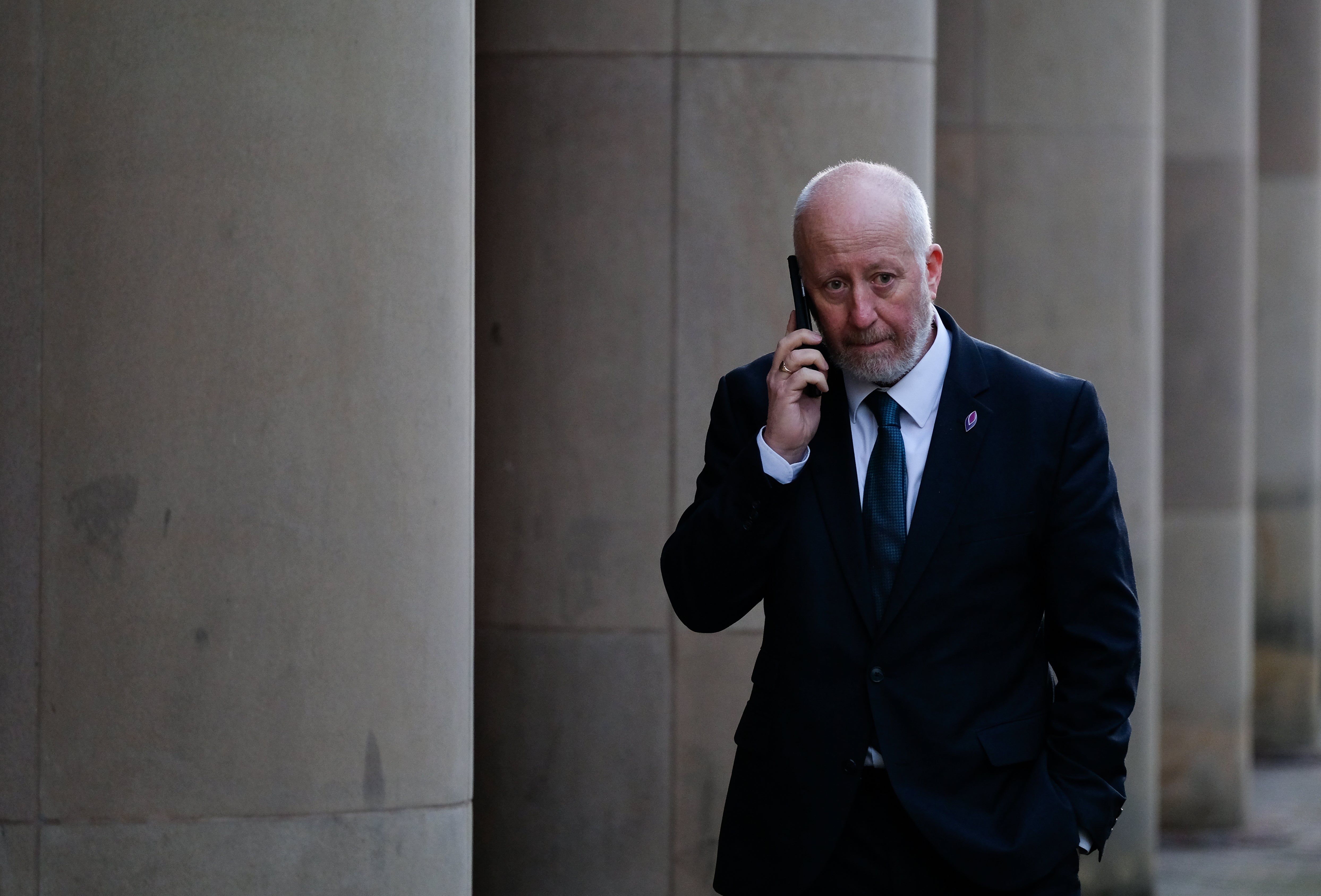A Labour Party that wants a £15 minimum wage is not serious about poverty
A minimum wage higher than the current median wage would cause huge disruption, writes John Rentoul


The Labour Party faces both ways on the minimum wage. Yesterday, Andy McDonald resigned from the shadow cabinet because Keir Starmer wouldn’t let him argue for a £15-an-hour minimum wage. Tonight, the Labour conference voted “unanimously” for a motion committing it to a £15-an-hour minimum wage.
That motion will go into a file marked “foolish things the party has voted for but which the leadership will ignore”. The vote was one that Starmer couldn’t win, because some of the trade union leaders on which he relied to get the important votes through – such as the rule change to make it harder to deselect MPs and the vote against proportional representation – needed a workerist gesture to keep their activists happy.
But what a gesture. No one tried to defend the economics of the £15 policy: it was voted through on the argument that low-paid workers ought to get more money. So they should, but it has to come from somewhere. Anyone who is serious about poverty, and especially in-work poverty, ought to worry about the effects of raising the minimum wage too high.
So far, the history of the minimum wage in Britain has been one of success. When it was introduced by Tony Blair’s government, the Conservatives said it would cost jobs because employers couldn’t afford it. It was brought in at a cautious rate and then raised gradually, on advice of the independent Low Pay Commission, to a slightly more generous level. It didn’t cause unemployment.
More recently, when George Osborne overruled the advice of the Low Pay Commission and raised it a bit more, to something he called the “national living wage”, a few economists worried about the effect on employment. Again, they were proved wrong. This encouraged the Living Wage Foundation to step up its arguments for an even higher, genuine minimum living wage. Because they are serious people, genuinely concerned about poverty, they know that setting the level too high would increase poverty by putting people out of work. Just because increases in the past haven’t caused unemployment doesn’t mean the laws of supply and demand have been abolished in the labour market. If a minimum wage is set too high, it will reduce employment. That is why the Living Wage Foundation has set its targets at £9.50 outside London and £10.85 in London.
Never mind any of that, say some Labour activists who have thought about it for two minutes. The party’s previous policy of £10 is beginning to look unambitious against the current minimum of £8.91. Fifteen is the next round number up from 10, so that must be the next demand. Anyone who disagrees is a neoliberal who hates the poor and wants to deny them a decent living. But some of those who disagree, who include all the economists I can find, point out that £15 an hour is higher than the current median wage. Half of all employees in the UK earn less than £13.68 an hour, according to the Office for National Statistics. To set the minimum higher than that would cause huge disruption. If employers could pay for it by increasing their prices, it would cause inflation; otherwise, it would cause job losses. This is completely different from the marginal increases in the wage floor that have been tried in the past.
Keir Starmer knows this, which is why he wouldn’t let Andy McDonald advocate the policy. McDonald ought to know it too, but he seems to have convinced himself that such impossiblism is the same as compassion. Instead of staying and fighting for what he believes in, however, he has resigned in such a way as to generate maximum publicity and minimum influence. All the while complaining that Starmer has fostered division.
Starmer’s position is awkward, because his opponents in the party found a photo of him on a McDonald’s picket line holding a banner demanding a pay rise to £15 an hour. In an interview today, he explained that he supports £15 for McDonald’s workers but not generally, across the economy.
He would be better advised to explain some of the facts of economic life to his party instead, which are that, if it really wants to do something for low-paid workers, it is no use plucking a figure out of thin air that would put many of those people out of work.



Join our commenting forum
Join thought-provoking conversations, follow other Independent readers and see their replies
Comments